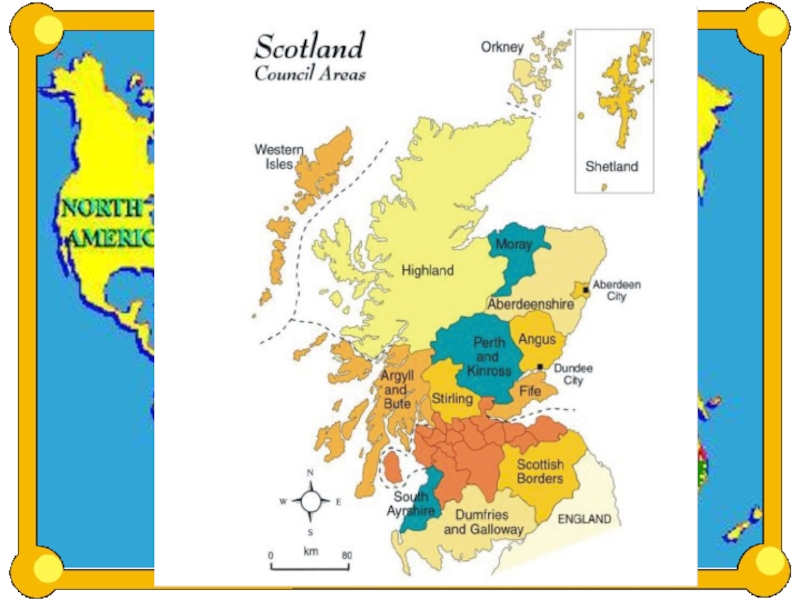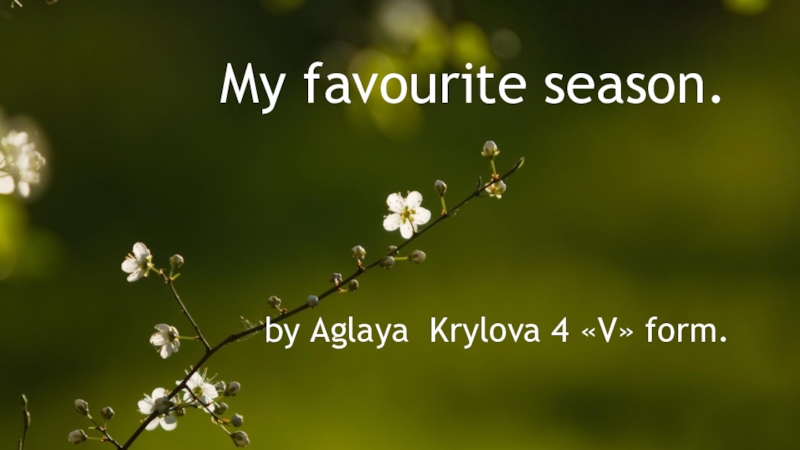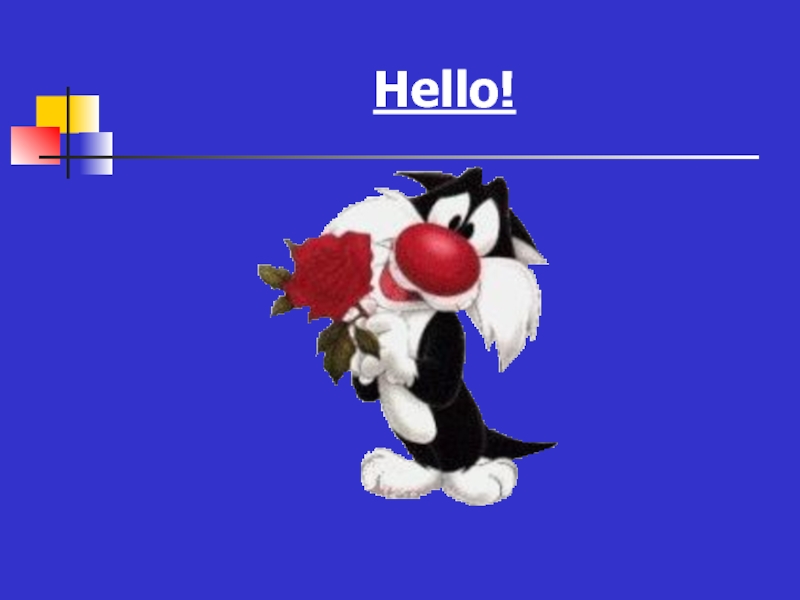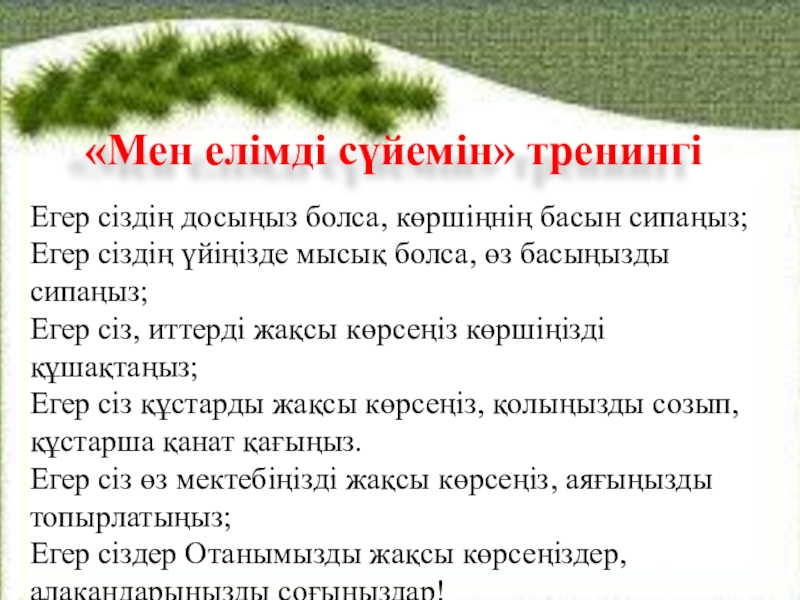- Главная
- Разное
- Образование
- Спорт
- Естествознание
- Природоведение
- Религиоведение
- Французский язык
- Черчение
- Английский язык
- Астрономия
- Алгебра
- Биология
- География
- Геометрия
- Детские презентации
- Информатика
- История
- Литература
- Математика
- Музыка
- МХК
- Немецкий язык
- ОБЖ
- Обществознание
- Окружающий мир
- Педагогика
- Русский язык
- Технология
- Физика
- Философия
- Химия
- Шаблоны, фоны, картинки для презентаций
- Экология
- Экономика
Презентация, доклад на тему Литературный анализ
Содержание
- 1. Литературный анализ
- 2. What is Literary Analysis?It is literaryIt is
- 3. How is it “literary”?Usually, a literary analysis
- 4. Important literary conceptsThe BasicsPlotSettingNarration/point of viewCharacterizationSymbol MetaphorGenreIrony/ambiguityOther
- 5. How Can I Learn More?There are various
- 6. What is an Analysis?An analysis of a
- 7. How is a literary analysis an argument?When
- 8. Which is the best thesis statement?Moby-Dick is
- 9. How do I support a thesis statement?Examples
- 10. What is a secondary source?A book or
- 11. How do I find secondary sources?MLA International
- 12. Integrating secondary sourcesWhen you use secondary sources,
- 13. Overview of Literary AnalysisWhen writing a literary
What is Literary Analysis?It is literaryIt is an analysisIt is…An Argument!It may also involve research on and analysis of secondary sources Anyway the most significant point to be emphasized here is that literary analysis is
Слайд 2What is Literary Analysis?
It is literary
It is an analysis
It is…
An Argument!
It
may also involve research on and analysis of secondary sources
Anyway the most significant point to be emphasized here is that literary analysis is an argument about a literary work, and that whatever recommendations are made throughout the presentation the need to write persuasively about a clear, debatable thesis.
Anyway the most significant point to be emphasized here is that literary analysis is an argument about a literary work, and that whatever recommendations are made throughout the presentation the need to write persuasively about a clear, debatable thesis.
Слайд 3How is it “literary”?
Usually, a literary analysis will involve a discussion
of a text as writing, thus the term literary, which means “having to do with letters”
This will involve the use of certain concepts that are very specifically associated with literature
This will involve the use of certain concepts that are very specifically associated with literature
Слайд 4Important literary concepts
The Basics
Plot
Setting
Narration/point of view
Characterization
Symbol
Metaphor
Genre
Irony/ambiguity
Other key concepts
Historical context
Social, political,
economic contexts
Ideology
Multiple voices
Various critical orientations
Literary theory
Ideology
Multiple voices
Various critical orientations
Literary theory
Слайд 5How Can I Learn More?
There are various handbooks of literary terms
available in most libraries.
There are numerous introductions to literary criticism and theory that are widely available.
Example: A Handbook to Literature. Harmon/Holman
And I send you something about literary terms
There are numerous introductions to literary criticism and theory that are widely available.
Example: A Handbook to Literature. Harmon/Holman
And I send you something about literary terms
Слайд 6What is an Analysis?
An analysis of a literary work may discuss
How
the various components of an individual work relate to each other
How two separate literary works deal with similar concepts or forms
How concepts and forms in literary works relate to larger aesthetic, political, social, economic, or religious contexts
How two separate literary works deal with similar concepts or forms
How concepts and forms in literary works relate to larger aesthetic, political, social, economic, or religious contexts
Слайд 7How is a literary analysis an argument?
When writing a literary analysis,
you will focus on specific attribute(s) of the text(s).
When discussing these attributes, you will want to make sure that you are making a specific, arguable point (thesis) about these attributes.
You will defend this point with reasons and evidence drawn from the text. (Much like a lawyer!)
When discussing these attributes, you will want to make sure that you are making a specific, arguable point (thesis) about these attributes.
You will defend this point with reasons and evidence drawn from the text. (Much like a lawyer!)
Слайд 8Which is the best thesis statement?
Moby-Dick is about the problem of
evil.
Moby-Dick is boring and pointless.
Moby-Dick is about a big, white whale.
The use of “whiteness” in Moby-Dick illustrates the uncertainty about the meaning of life that Ishmael expresses throughout the novel.
Moby-Dick is boring and pointless.
Moby-Dick is about a big, white whale.
The use of “whiteness” in Moby-Dick illustrates the uncertainty about the meaning of life that Ishmael expresses throughout the novel.
Слайд 9How do I support a thesis statement?
Examples from the text:
Direct quotations
Summaries
of scenes
Paraphrase
Other critics’ opinions
Historical and social context
Always remember to read carefully and highlight useful passages and quotes!
Paraphrase
Other critics’ opinions
Historical and social context
Always remember to read carefully and highlight useful passages and quotes!
Слайд 10What is a secondary source?
A book or article that discusses the
text you are discussing
A book or article that discusses a theory related to the argument you are making
A book or article that discusses the social and historical context of the text you are discussing
A book or article that discusses a theory related to the argument you are making
A book or article that discusses the social and historical context of the text you are discussing
Слайд 11How do I find secondary sources?
MLA International Bibliography
Dictionary of Literary Biography
Discipline-specific
sources
Example: America: History and Life for American literature
Other search engines
A bibliography that is part of your text
Ask someone who knows
Example: America: History and Life for American literature
Other search engines
A bibliography that is part of your text
Ask someone who knows
Слайд 12Integrating secondary sources
When you use secondary sources, be sure to show
how they relate to your thesis
Do not overuse any one secondary source, or for that matter, secondary sources in general
Remember that this is your paper, your argument—the secondary sources are just helping you out
Never, never, never plagiarize!
Do not overuse any one secondary source, or for that matter, secondary sources in general
Remember that this is your paper, your argument—the secondary sources are just helping you out
Never, never, never plagiarize!
Слайд 13Overview of Literary Analysis
When writing a literary analysis:
Be familiar with literary
terms
Analyze specific items
Make an a argument
Make appropriate use of secondary sources
Consult instructors and tutors for help when needed
Analyze specific items
Make an a argument
Make appropriate use of secondary sources
Consult instructors and tutors for help when needed


















